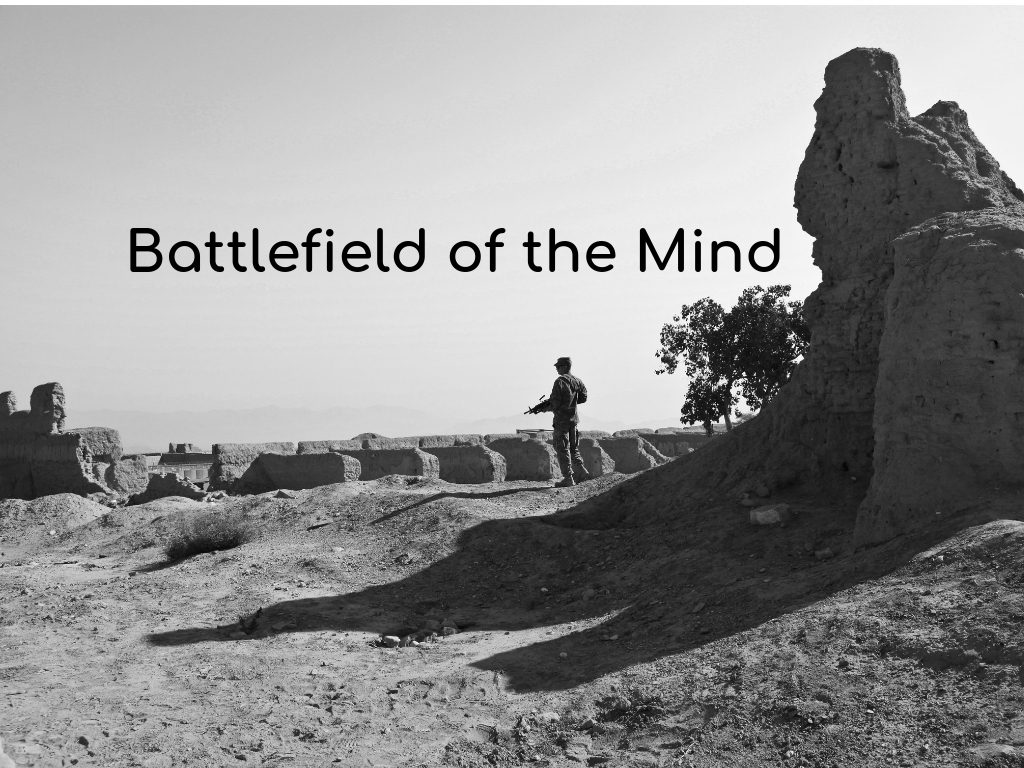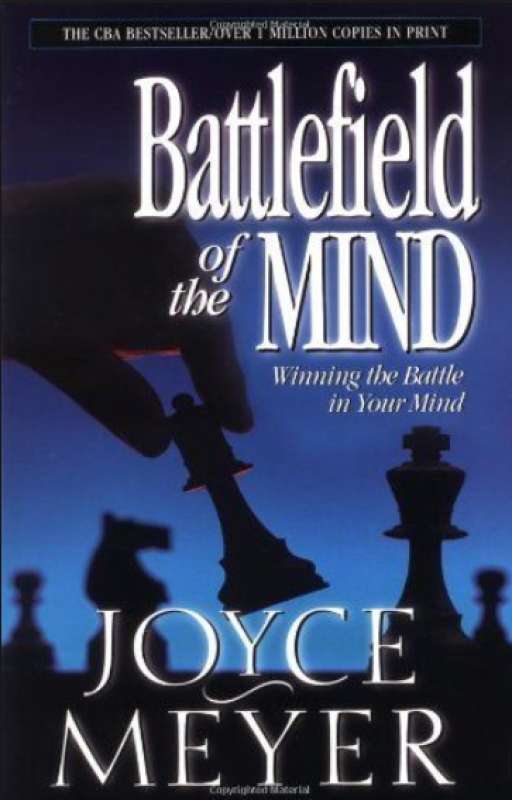

All of these norms should not limit you or prevent you from defending your civilian population. Sometimes you have to assume some calculated risk for your own soldiers in order to avoid collateral killing of civilians. So you have to use the proper ammunition and pick the right time to attack. When you aim at legitimate targets but know there will be collateral killing of innocent people, it is your responsibility to minimize it. But one murder doesn’t justify another murder, and Israel must be very careful not to respond in kind but attempt to target the enemy - those who initiate the violence and not innocent people around them. Yes, it wants Israel to engage in that type of war.

Hamas has been firing rockets and missiles into Israeli cities from civilian areas in Gaza in the hope Israel responds in kind. When you shoot rockets into cities and you aim at killing innocent people indiscriminately - that makes you a criminal. Those who are intentionally killing innocent civilians are war criminals. Is there a difference between a war criminal and what you call a noble soldier? This raises new questions concerning war and ethical conduct in war. Q: What do you hope to come out of this conference?Ī: There is continuous work to clarify norms of conduct of armies in the new battlefield in which war is not against a defined and distinguished military organization, but rather is against groups of people who don’t distinguish themselves from the population around them. Among the other panelists will be Natan Sharansky, chairman of the Jewish Agency for Israel, and Daniel Kurtzer, former American ambassador to Israel. It is sponsored by Friends of the Israel Defense Forces and Beit Morasha of Jerusalem, which together created the “Identity and Purpose” program teaching moral values and battlefield ethics to the Israeli military. 24 titled, “Ethics and 21st Century Military Conflicts,” at the Roosevelt Hotel here. He will be participate in a daylong conference Oct. He has studied and taught ethics and political theory and fought in the first Lebanese War in 1982.

Moshe Halbertal, 54, a professor of philosophy at the Hebrew University of Jerusalem and a professor at New York University School of Law, was among a group of philosophers, lawyers and generals who in 2000 helped draft Israel’s new code of military ethics.


 0 kommentar(er)
0 kommentar(er)
